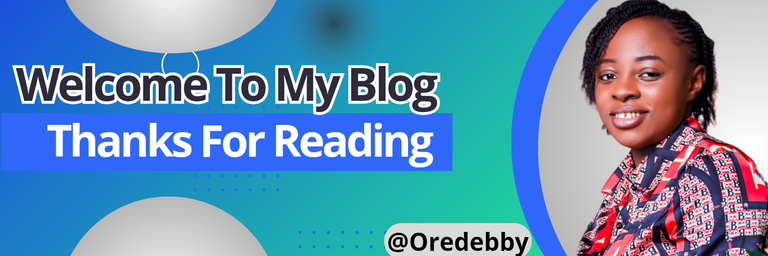Hello beautiful people. This powerful quote, often attributed to Stephen Covey, holds a profound message that can transform our lives. It invites us to shift our perspective, to reframe our experiences, and to take ownership of our choices.
The phrase "You are not a victim, you are a volunteer" serves as a powerful reminder about the narratives we construct around our experiences. It encourages a shift in perspective that emphasizes agency, personal responsibility, and the transformative power of choice. Too often, individuals find themselves trapped in the victim mentality—believing that they are powerless in the face of life's challenges and circumstances. While it is undeniable that difficult situations can feel overwhelming and unjust, embracing the idea of being a "volunteer" can help individuals reclaim their power and initiate change.
When we label ourselves as victims, we inadvertently limit our potential for growth. This mindset can lead to a cycle of despair and helplessness, where external factors dictate our emotions and choices. The world can be undeniably cruel, and suffering is an inherent part of the human experience. However, when we adopt a volunteer perspective, we remind ourselves that we are not merely at the mercy of fate. Instead, we are active participants in our lives, capable of making choices, even amidst adversity.
Being a "volunteer" symbolizes an act of conscious engagement with one's circumstances. It acknowledges that while we may not have control over what happens to us, we do have control over how we respond. This idea aligns with the principles of resilience and personal empowerment. Resilience isn’t just about bouncing back from hardship; it’s about understanding that adversity can be an opportunity for growth and learning. When we see ourselves as volunteers in our own lives, we can harness challenges to cultivate strength, empathy, and wisdom.
Embracing the idea that "You are not a victim, you are a volunteer" can be liberating. It encourages individuals to take ownership of their narrative, focus on their strengths, and engage actively with their lives. This mindset not only fosters personal resilience but also promotes community and connection. By recognizing the power of choice in the face of adversity, we transform our struggles into opportunities for empowerment and solidarity, ultimately paving the way for a richer, more fulfilling life.


